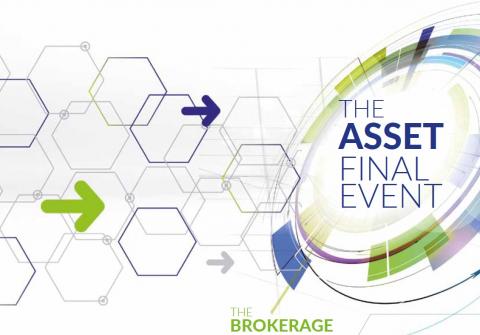The ASSET final event

NH Roma Leonardo Da Vinci
ASSET is close to its conclusion and a concluding conference will be held in Rome, on October 30-31, to present all the main outcomes of the project. This event will take place at the hotel NH Roma Leonardo Da Vinci and will be targeted to a selected audience of EU stakeholders and policy makers. Its aim is to enhance advocacy and intersectoral approach in a multisetting scenario applied to fostering preparedness and response toward Public Health Emergency of International Concern (PHEIC), like epidemics and even pandemics. It is conceived as a mobilization and mutual learning event at local, national and international levels on Science in Society related issues in epidemics and pandemics.
The final conference targets for action are the same that have always been at the core of ASSET activity: authorities, healthcare professionals, science, public, media and industry. Moreover, the conference will be also focused on the six main Science in Society (SiS) themes for a Responsible Research and Innovation (RRI) applied to the field of pandemic and epidemic preparedness and response:
- Governance
- Unsolved scientific questions and open access to scientific outcome
- Crisis participatory governance and science education
- Ethics, law and fundamental rights
- Gender issues
- Intentionally caused outbreaks
In conjunction with the conference, a brokerage event will also be organised, with the aim to offer to the ASSET consortium, both as a whole and as single partners, an appropriate place to present themselves and show their expertise through different ways, like poster displays, videos, interviews, interactive seminars, and social media corners. This event will also see the involvement of other H2020 projects with a focus on similar challenges, from health to demographic change to wellbeing.
The detailed programme of the event can be found here.
Those who did not registered online may do that directly at the conference venue.
